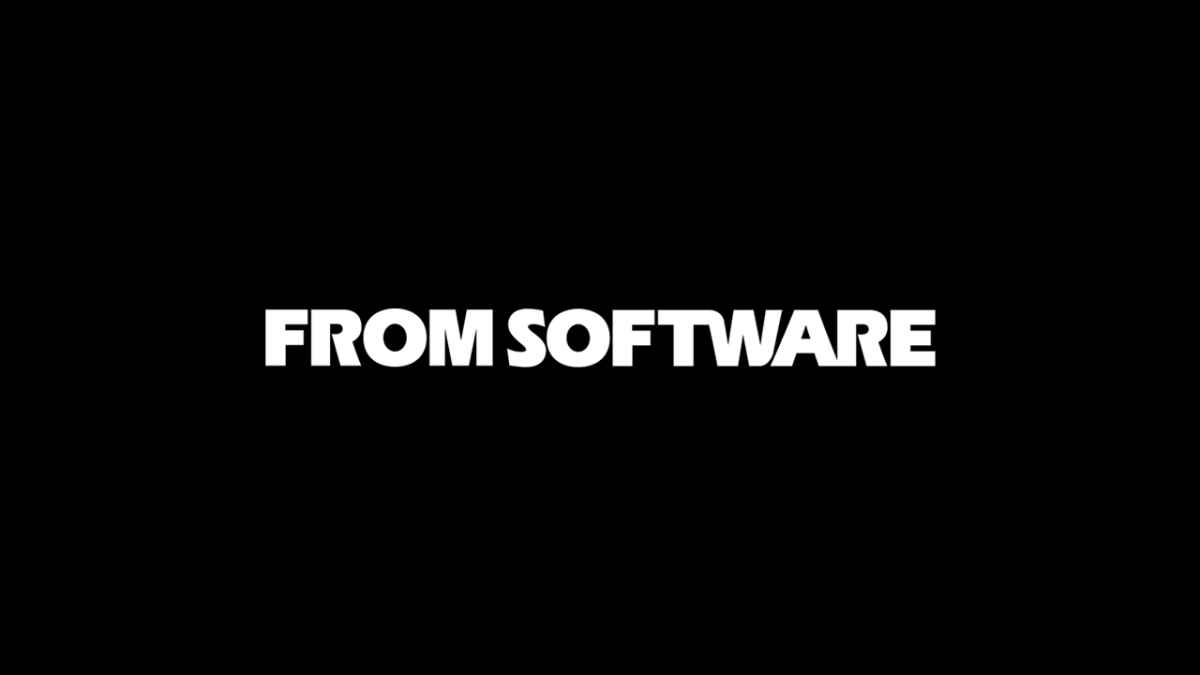The number of alerts sent by health officials warning that shortages are acute has risen sharply. They were issued for a range of conditions, including epilepsy, angina, menopause, thyroid problems and depression.
Growing shortages of medication are “heaping pressure” on already stretched local pharmacies, experts have warned.
New figures show a big jump in the number of alerts or serious shortage protocols (SSPs), which warn pharmacists some drugs are in short supply.
Analysis by the National Pharmacy Association (NPA) found 50 SSPs were issued by the Department of Health and Social Care between 2022 and 2024 – compared to 15 between 2019 and 2021. That’s a rise of more than 230%.
The alerts, which are sent out when shortages are at their most acute, were for a range of conditions, including epilepsy, angina, menopause, thyroid problems and depression.
And the NPA warned the findings were “just the tip of the iceberg, in terms of the challenges facing pharmacies and their patients”.
The association’s chief executive Paul Rees said “these growing medicine shortages are heaping pressure on our already stretched local community pharmacy teams”.
He warned that pharmacists are spending “hours a day hunting down stock” and are often “forced to turn patients away” due to being unable to order vital medication.
He added: “Pharmacists will always help patients get alternative medication, when possible, but they face continual struggles obtaining supply across an ever-changing range of conditions, from diabetes to ADHD and epilepsy.”
Four SSPs were put out over a three-day period in May, according to the NPA, the same number which were issued for the whole of 2020.
Read more:
Patients forced into ‘pharmacy bingo’
Pharmacies closing at rapid rate – with deprived areas worst affected
Seven things pharmacies will be able to treat without GP appointment
Rebekah Smith, deputy chief executive of the charity Epilepsy Action, said it was “extremely concerning” that medication shortages were having an impact on people with the condition.
And calls to its helpline over worries about shortages have risen four-fold since the start of the year, she added.
Dr Louise Newson, a menopause specialist and GP, described the shortage of hormone replacement therapy for menopause as “a public health catastrophe”, adding that “women deserve better”.
Meanwhile, a cross-party group of MPs has urged the government to “get a grip” on drugs shortages and commission an independent review of the medicines supply chain.
The Health and Social Care Select Committee said the issue means Pharmacy First is at risk of failure.
The policy, which the government launched in January, allows patients to be treated for seven common conditions at their local pharmacy without the need for a GP appointment or prescription.
They are sinusitis, sore throat, ear ache, infected insect bite, impetigo (a bacterial skin infection), shingles and uncomplicated urinary tract infections in women.
But MPs warned that patients could be reluctant to visit pharmacies if medication is out of stock, and said Pharmacy First will “fail if people keep having to return to their GP”.

Sarah Carter is a health and wellness expert residing in the UK. With a background in healthcare, she offers evidence-based advice on fitness, nutrition, and mental well-being, promoting healthier living for readers.








